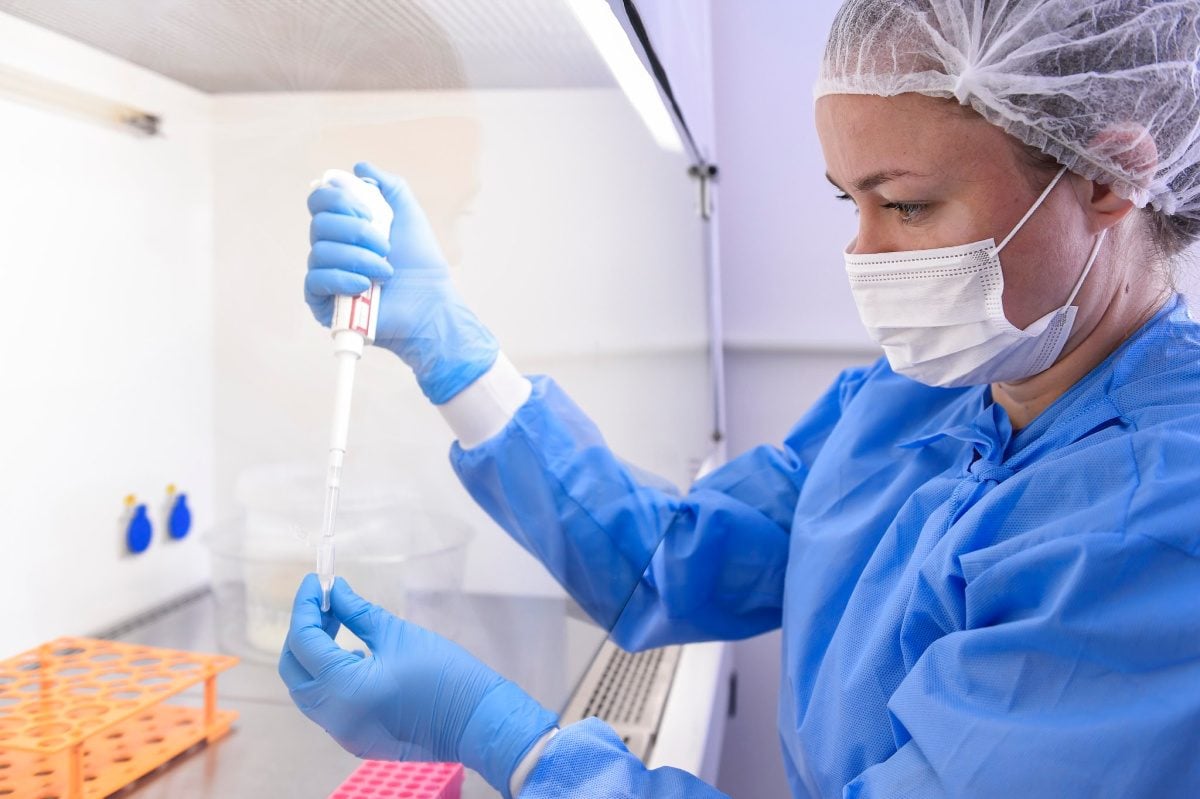
Sometime in 2021, we will hopefully see the headline we are all so desperate for. ‘COVID-19 vaccine approved.‘
Sometime after that, our veins will be coursing with that substance, the masterwork of some of world’s brightest minds, who performed knowing that billions of desperate eyes were upon them.
That vaccine, mere millilitres of it, will protect us from the invisible threat that turned 2020 into a generation-defining, flashbulb-memory year. A year in which we had to stay home, stay away and stay apart, in which doctors were a staple of the nightly news, and in which tens of thousands of people were buried.





























































































